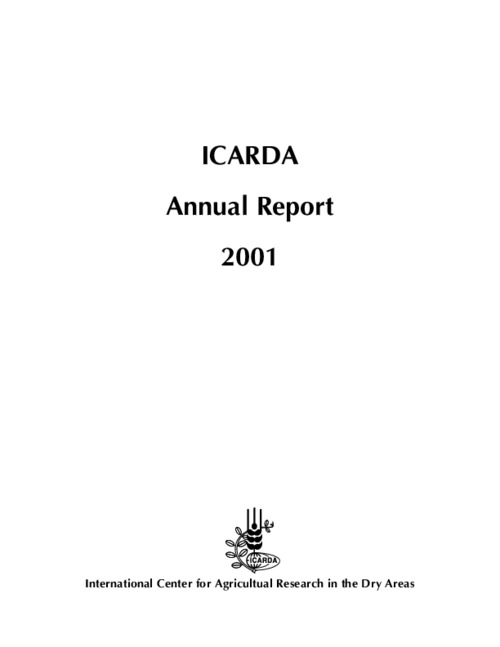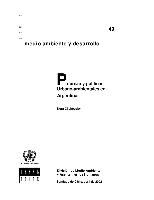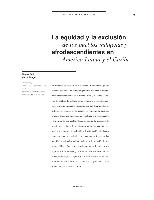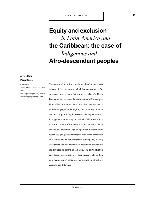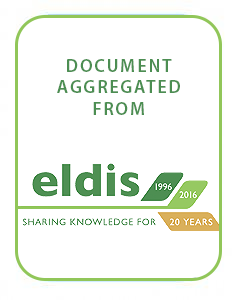Radical Land Reform is Key to Sustainable Rural Development in South Africa
Argues that sustainable development in 21st century South Africa will never be achieved without a radical assault on the structural underpinnings of poverty and inequality inherited from 3 centuries of oppression and exploitation. A large-scale redistribution of land and resources, accompanied by the securing of tenure rights in practice as well as in law, is required for long-term sustainability. Asks how is the government’s land reform performing, and how sustainable are land-based livelihoods?


